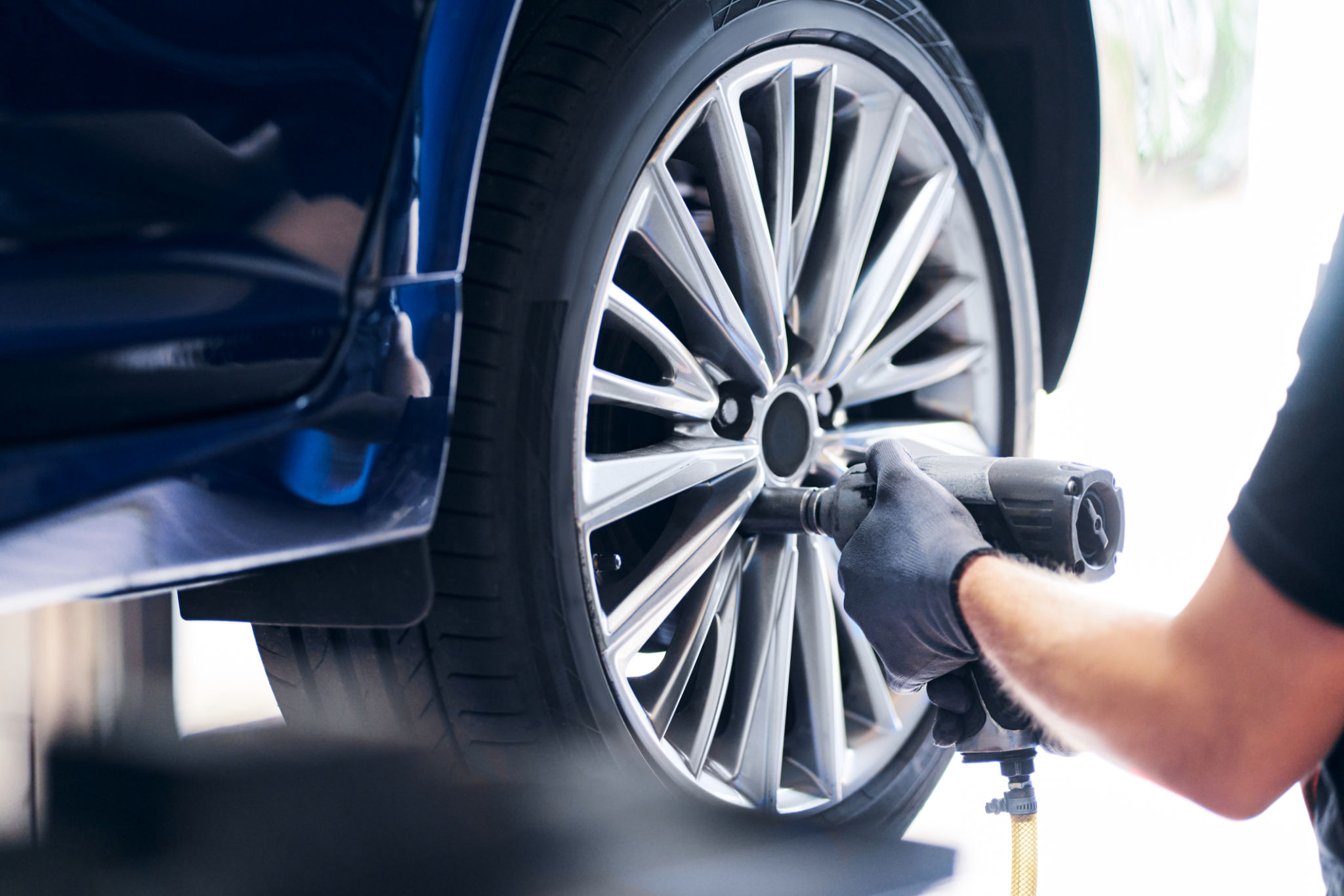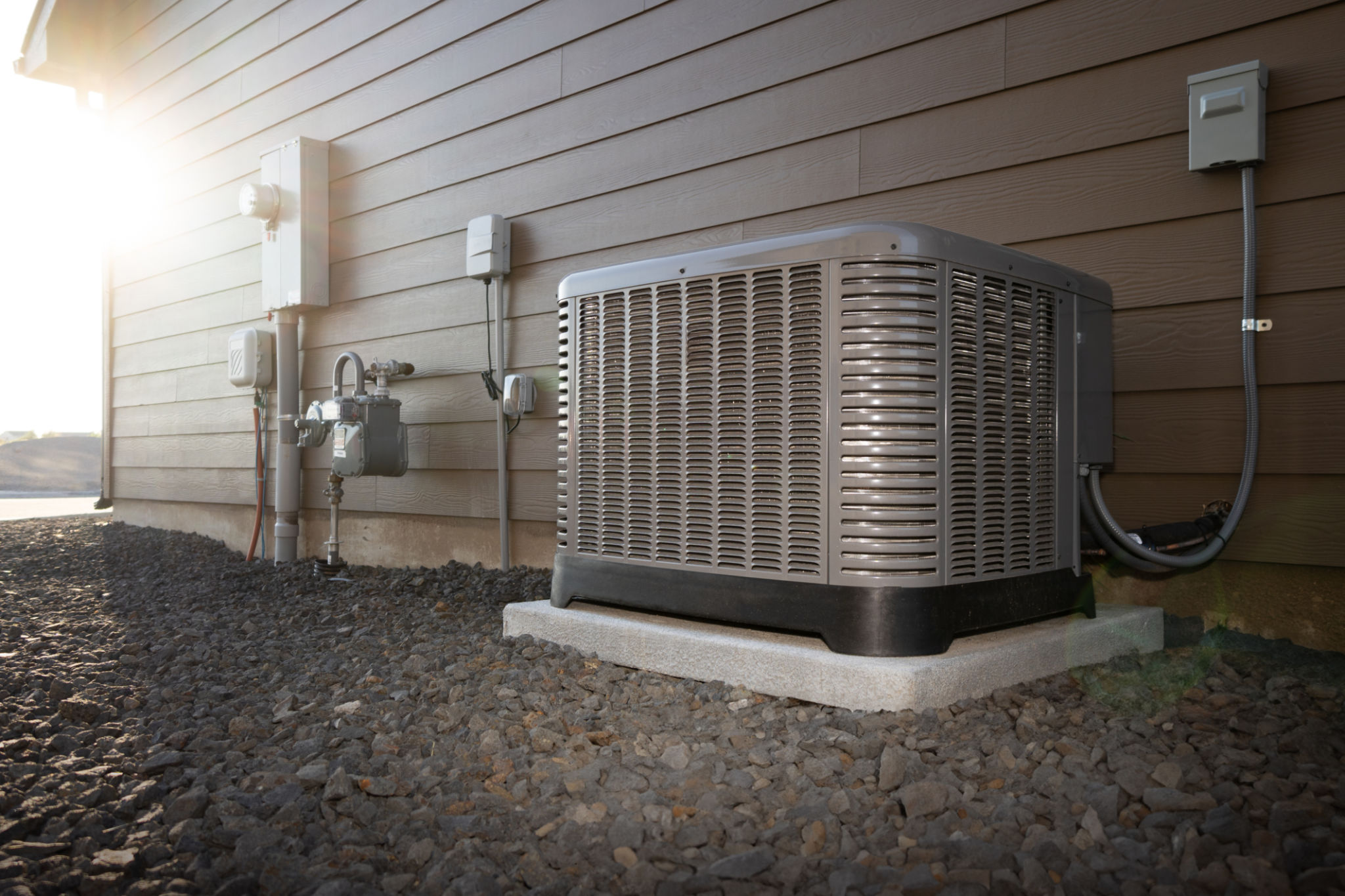Preparing Your Fleet for Seasonal Changes: A Comprehensive Checklist
Introduction: The Importance of Seasonal Fleet Preparation
As the seasons change, so do the demands on your fleet. Preparing your fleet for these changes is crucial to maintaining efficiency, safety, and cost-effectiveness. A well-prepared fleet can handle everything from harsh winter conditions to the sweltering heat of summer. This comprehensive checklist will help you ensure your vehicles are ready for whatever nature throws their way.

Check and Maintain Essential Fluids
One of the first steps in preparing your fleet for seasonal changes is ensuring all essential fluids are at optimal levels. This includes engine oil, transmission fluid, brake fluid, and coolant. As temperatures drop, engine oil can thicken, which may affect performance. Consider switching to a winter-grade oil that performs better in cold conditions.
Coolant levels are equally important, especially as freezing temperatures approach. Check for any leaks and make sure the coolant mixture is suitable for the expected weather conditions. Regularly inspect brake fluid levels as well, as they can impact braking efficiency in both icy and hot conditions.
Tire Maintenance: A Seasonal Necessity
Proper tire maintenance is essential for any fleet facing seasonal changes. Start by inspecting your tires for tread wear and damage. Replace tires that show signs of excessive wear or damage to ensure optimal traction and safety.
For winter, consider investing in snow tires, which provide better grip on icy roads. In summer, ensure tires are inflated to the correct pressure to prevent blowouts caused by heat expansion. Regular tire rotations can also extend their life and improve vehicle performance year-round.

Battery Health and Electrical Systems
The changing seasons can take a toll on your fleet's batteries and electrical systems. Extreme temperatures can affect battery life and performance. Before winter sets in, test all batteries and replace any that show signs of weakness.
Additionally, inspect the entire electrical system for any issues. Check the alternator, starter, and wiring connections to make sure everything is functioning correctly. A thorough inspection now can prevent inconvenient breakdowns later.
Climate Control Systems
Ensuring your fleet's climate control systems are in good working order is critical for driver comfort and safety. As winter approaches, verify that heaters and defrosters are functioning properly to maintain visibility and comfort.
During the summer months, air conditioning systems should be inspected and serviced to ensure they are cooling efficiently. Regular maintenance of these systems not only improves comfort but also enhances driver productivity.

Prepare Emergency Kits
No matter the season, having a well-stocked emergency kit in each vehicle is a wise precaution. These kits should include items such as first-aid supplies, flashlights, blankets, water, and non-perishable food items.
In winter, add additional items like ice scrapers, snow shovels, and sand or kitty litter for traction on icy surfaces. In summer, consider including extra water and sunblock. Updating these kits seasonally ensures your drivers are prepared for any situation.
Conclusion: Proactive Measures for Fleet Success
By taking proactive measures to prepare your fleet for seasonal changes, you not only enhance safety but also extend the lifespan of your vehicles. Regular maintenance checks and timely updates help prevent costly repairs and downtime.
Implementing this comprehensive checklist will ensure that your fleet is ready to face any weather condition efficiently and effectively. Remember, a well-prepared fleet is a successful fleet.
